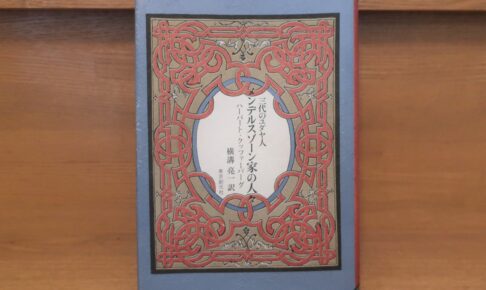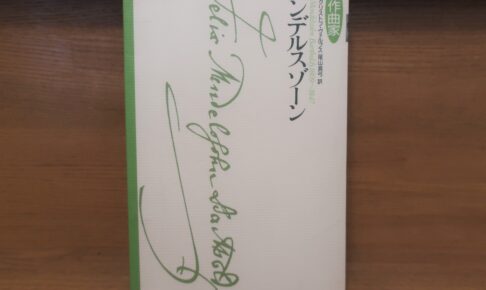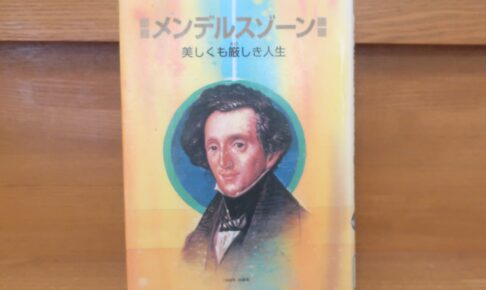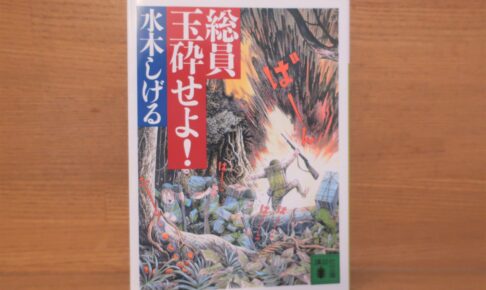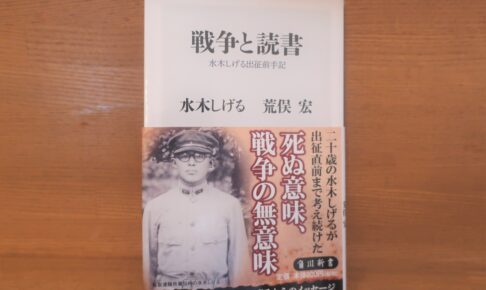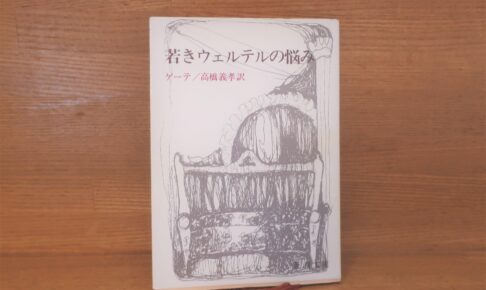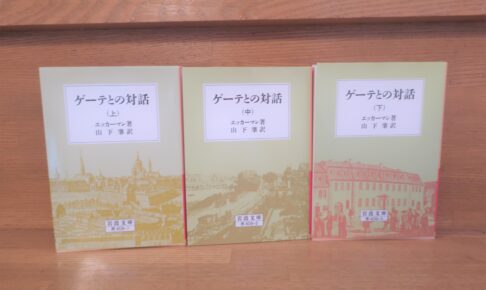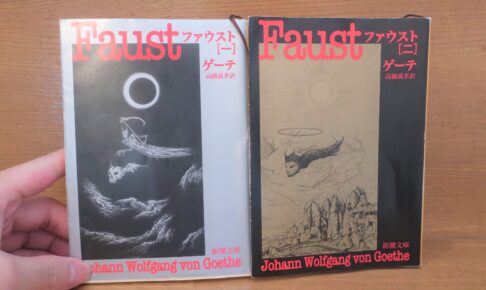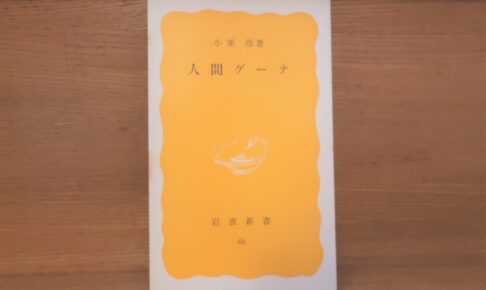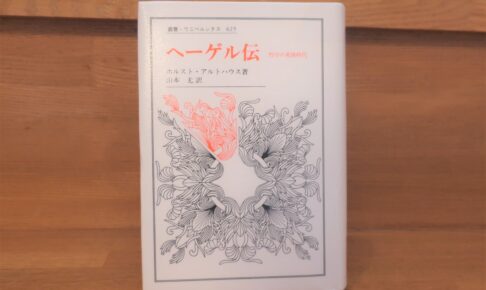The Mendelssohn Family - Three Generations of Jews - A Miraculous Book! The amazing story of the Mendelssohn family, the genius of the German composer!
I highly recommend this biography as well! It is a miracle book! You will be amazed by the large amount of amazing things you will read!
That my grandfather Moses was a great philosopher. And that his father Abraham also founded a bank so large that it was at one time on par with that Rothschild.
This was a shocking fact. I was particularly taken aback by the fact that my grandfather Moses was such a man that Kant respected him!












